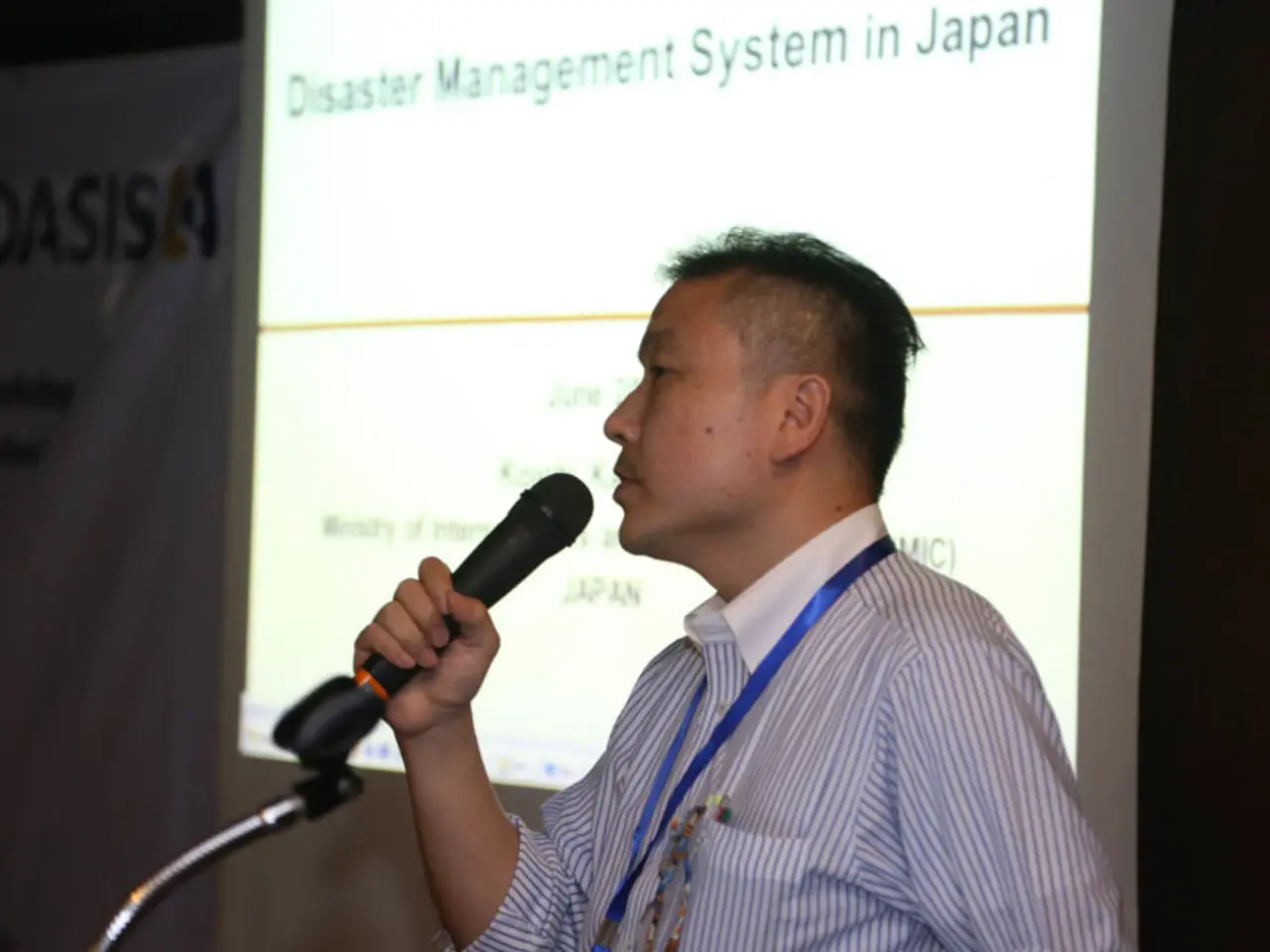Massive Pacific earthquake prompts Japan to order evacuation for two million people
Tsunami Warnings in Japan: Minimal Impact and Precautionary Measures
On July 30, 2025, an 8.8 magnitude earthquake off the coast of Russia triggered tsunami warnings in Japan. The Japan Meteorological Agency issued a tsunami alert, and coastal residents were urged to evacuate to higher ground.
The Pacific Tsunami Warning Center anticipated waves of 1 to 3 meters (3 to 10 feet) in some Pacific locations, including Japan. However, the impact on Japan was relatively minor. Tsunami waves of up to 80 centimeters (approximately 2.6 feet) were recorded in Nemuro, Hokkaido, and 70 centimeters (approximately 2.3 feet) in Ishinomaki Port, Miyagi.
Despite the alert, there were no reports of significant damage to major infrastructure in Japan from the tsunami or earthquake shaking. Coastal areas in Russia and other Pacific areas undertook evacuations, but the direct impact in Japan was limited.
More than two million people in 229 municipalities were urged to evacuate due to the tsunami warnings. Residents were advised to remain in safe locations until all alerts were lifted. Officials expect tsunami conditions to persist for at least another day, with the risk of multiple or larger waves, especially at high tide.
The earthquake was one of the strongest recorded globally, centered about 119 km from Petropavlovsk-Kamchatsky, Russia. Coastal areas in broader Pacific regions, such as Hawaii, Alaska, and California, were also issued warnings or advisories, but the direct impact in Japan was limited.
In summary, Japan experienced tsunami warnings and precautionary evacuation alerts but only minor tsunami waves with no significant reported damage or casualties from the 8.8 magnitude Kamchatka earthquake. The most severe effects, including flooding and evacuations, occurred near the Russian coast closer to the epicenter.
- The state of emergency caused by the tsunami warnings in Japan might have temporarily disrupted various sectors, including the arts, politics, and general-news broadcasts.
- The environmental impact of the tsunami on Japan's coastline and marine ecosystems remains to be assessed and addressed in the coming days.
- Forecasts suggest that the weather conditions in Japan may worsen due to the aftermath of the earthquake, with the possibility of heavy rain and storms in coastal regions.







